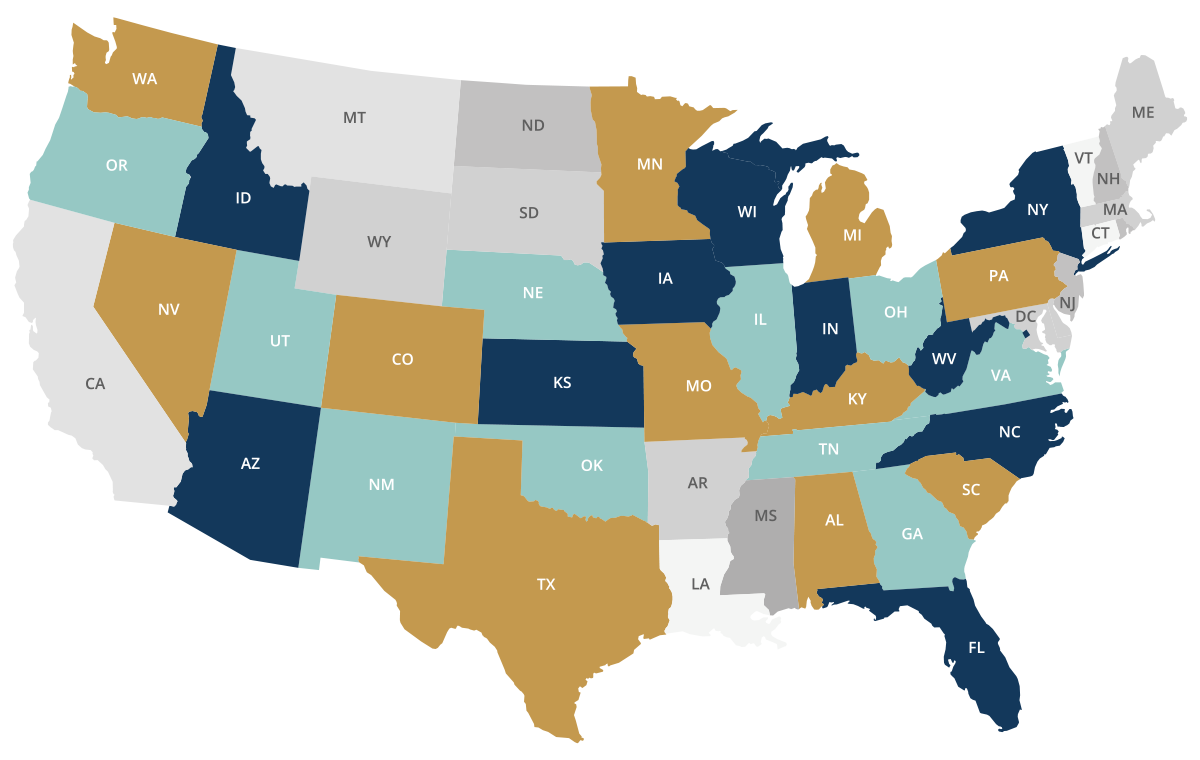Your Guide to Auto Insurance in Ohio
Gessel & Associates Insurance Agency is a leading insurance agency located in London, OH, and we are committed to keeping drivers well insured on...
A Comprehensive Guide to Home Insurance in Ohio
Gessel & Associates Insurance Agency, your trusted insurance provider in London, OH, is here to guide you through the ins and outs of home insurance in our...
Exploring Commercial Insurance in Ohio
Navigating the landscape of commercial insurance can be complex. Gessel & Associates Insurance Agency, a reliable insurance agency situated in London, OH, is here...
Sailing Safely with Boat/Watercraft Insurance in Ohio
Enjoying the water shouldn't come with worries about potential mishaps. Gessel & Associates Insurance Agency, based in London, OH, is here to assist you in...
Ensuring the Legacy of Classic Cars in Ohio
Your cherished classic car deserves protection that matches its special status. At Gessel & Associates Insurance Agency in London, OH, we specialize...
Navigating through Ohio insurance options can be challenging. But when you partner with Gessel & Associates Insurance Agency, we simplify the process for you. We are a reputable insurance agency based in London, OH, and we are proud to serve clients across Ohio, including the Columbus, OH area.
Whether you're in London, Springfield, or Columbus, our professional team of insurance experts is ready to provide comprehensive insurance solutions tailored to your unique needs. We understand that every person is different, which is why we work with you individually to understand your needs and offer personalized insurance policies.
Now, convenience is at your fingertips with our online auto and home insurance quotes. Gone are the days of long phone calls and office visits. Just explore our website and request a quote, and we'll provide Ohio insurance quotes in no time. We at Gessel & Associates Insurance Agency make it easy for you in London, OH, and throughout Ohio.
Ours is an agency committed to your peace of mind. Our mission is to see you protected and ensure you understand the benefits of insurance. Our team takes a personal, direct, and professional approach toward explaining and demystifying insurance policies. We genuinely care about your financial well-being.

Our team is waiting to assist you with all your insurance needs, whether in person or online. Speak with us today and experience the difference with Gessel & Associates Insurance Agency. We’re more than just an insurance agency - we’re your partners in protection, serving the London, OH and broader Columbus, OH areas.
Reach out to Gessel & Associates Insurance Agency for a no-obligation quote. Let us help you find the right insurance fit for you and your family. It’s time to experience peace of mind with the right insurance partner.





































With Gessel & Associates Insurance Agency, get fast, reliable, online quotes for your
insurance peace of mind.